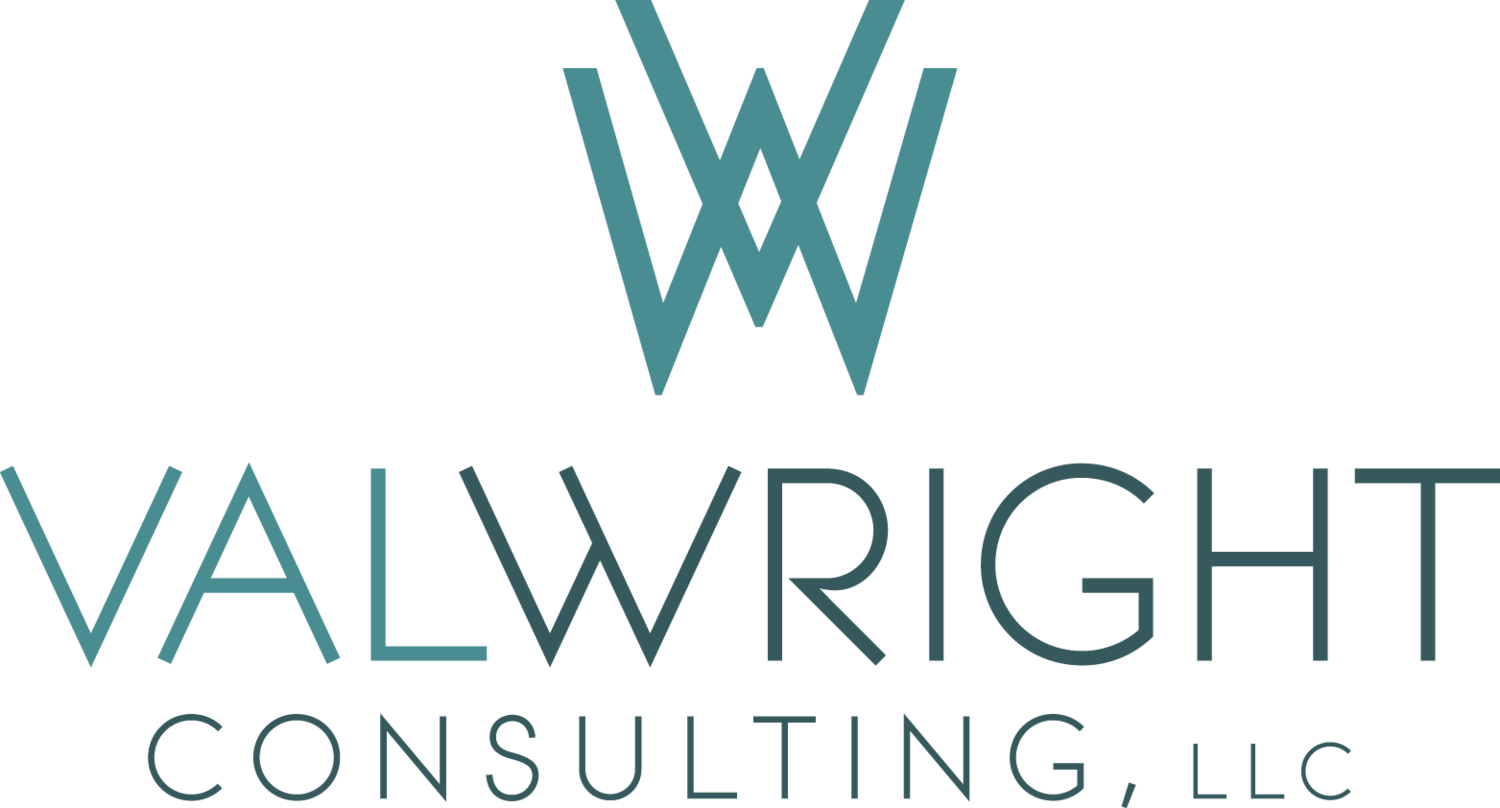Did you get exactly what you needed from your last talk?
Whether your talk was at a conference, internal meeting, board presentation, virtual gathering, or in front of your team how well did you deliver?
Do you know how to evaluate your performance?
Here's the most common question I get asked by executives about speaking:
"Val - I have a talk coming up, how can I make sure it is as strong as it possibly can be?"
This is an important question because conferences and events are well and truly back at full pelt. That's what I am hearing from executives and my own future speaking bookings indicate that in person gatherings are being used again for internal company events, industry conferences, and customer meetings.
I’ve recently spoken to CEOs, CIOs, CMOs, CFOs, Technology leaders and CDAOs (That's Chief Data and Analytics Officers for those new to that acronym!) across Boston, Palo Alto, Dallas, and New York at various Sales Kick Offs, Strategy Retreats, and Executive Summits with Evanta, A Gartner Company.
This tour of giving and listening to executive keynotes prompted me to share these six ways to make your next talk simply brilliant:
1. Ask "So What?"
This is my favorite question to ask when preparing for a talk.
...So what? - after you have spoken what you do want to happen? - are you sharing knowledge, trying to prompt action? provoking certain feelings? - This is the basis of your PREPARATION that is essential for any talk.
2. Make It Personal
No one else can tell your stories but you. That is how you stand out. Ask yourself, why does your topic matter to you? What have you personally experienced? I was surprised recently when a very senior executive from a phenomenal brand spoke at an event. There was not one personal story or example in their 30minute talk on what could have been a very thought provoking topic. At one point I did start to wonder if it was an experiment in using ChatGPT to create powerpoint slides because the bullet points were so predictable.... or perhaps the PR Police had got hold of their presentation and removed all company identifiable stories, but it was unbelievably bland! No one else can tell my Xbox stories, my Amazon Fashion stories, my work with a CEO that created a 37% share price increase. That is the way to make your CONTENT really catch your audience's attention and get what you want. What unique stories can you share about you?
3. Create the unexpected
I am rarely surprised at conferences anymore, but I will never forget a talk I heard at Evanta’s CIO conference in Los Angeles a few years ago. It was an unusual double act. Both the chief information officer and the chief marketing officer from Farmers Insurance were presenting. What made this unusual was the fact that they were presenting together like a perfect comedy duo, finishing each other’s sentences and being incredibly candid as they shared the lessons learned from a successful digital transformation that crossed both the marketing and technology strategy, with a significant impact on the business’s success. This was a perfect example of the unexpected. Technology leaders at conferences don't typically hear from marketing executives. I used this example as a proof point why The Innovation Trifecta is so crucial - how technology, marketing, and business minds come together to drive innovation and growth. You can read more about that in Rapid Growth Done Right.
4. If you have to apologize for your slides...
Get rid of them!
"I know the text is small"
"Sorry I won't cover all of these so I will go faster..."
"This data isn't the latest sorry I can share our latest research if you email me..."
"You probably can't read this but what it is meant to show is…"
"I know this is busy but..."
These are all painful excuses I have heard in the last 2 months in presentations and talks. Do your audience a favor and ditch the terrible slides!
You need less slides than you think.
Focus instead on the stories you will tell...
5. Realize that no one will ever thank you for being verbose
Yes it is hard to be concise, but it is so very powerful.
Here's my thoughtfully ruthless guide to concise communication..
Why use a paragraph when a sentence will do?
Why use a sentence when a word will do?
Why use a word when silence will do?
6. What you actually say matters
The first 30 seconds and the last 30 seconds is what everyone will remember. DELIVERY of your message matters.
Please don't ask people if they are having a good time (...then say..."what? I can't hear you - you can do better than that"
Don't comment on the weather, the difficulty in getting the technology to work, don't apologize
Start with an attention grabbing question or reflection
End with a powerful statement or suggested easy next step
One of the favorite parts of my work is helping executives prepare, create stories, and improve the delivery of their communications. It's why I wrote Words That Work - because so many of them told me that I simply HAD to put in writing the advice I give them. - You can download a free sample chapter or get your own copy of Words That Work here.
Some news:
If you know of a conference, event, or team who might want to explore booking me to speak reply with LET'S TALK as my 2025 calendar is filling up rapidly You can find out my most popular topics here.
As the kids would say - Like and Subscribe to my channel! You can find my YouTube Channel here.
Dedicated to growing your business,
Val
P.S. I hope you enjoyed this week's VAL-uable Insights, sign up here to get them in your inbox each Monday morning: http://valwrightconsulting.com/newsletter-sign-up/

